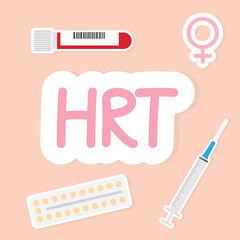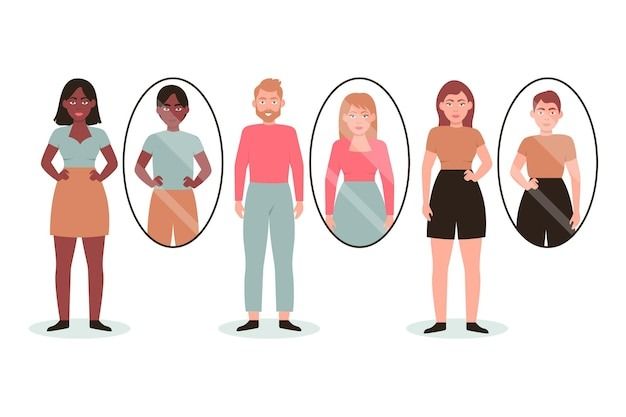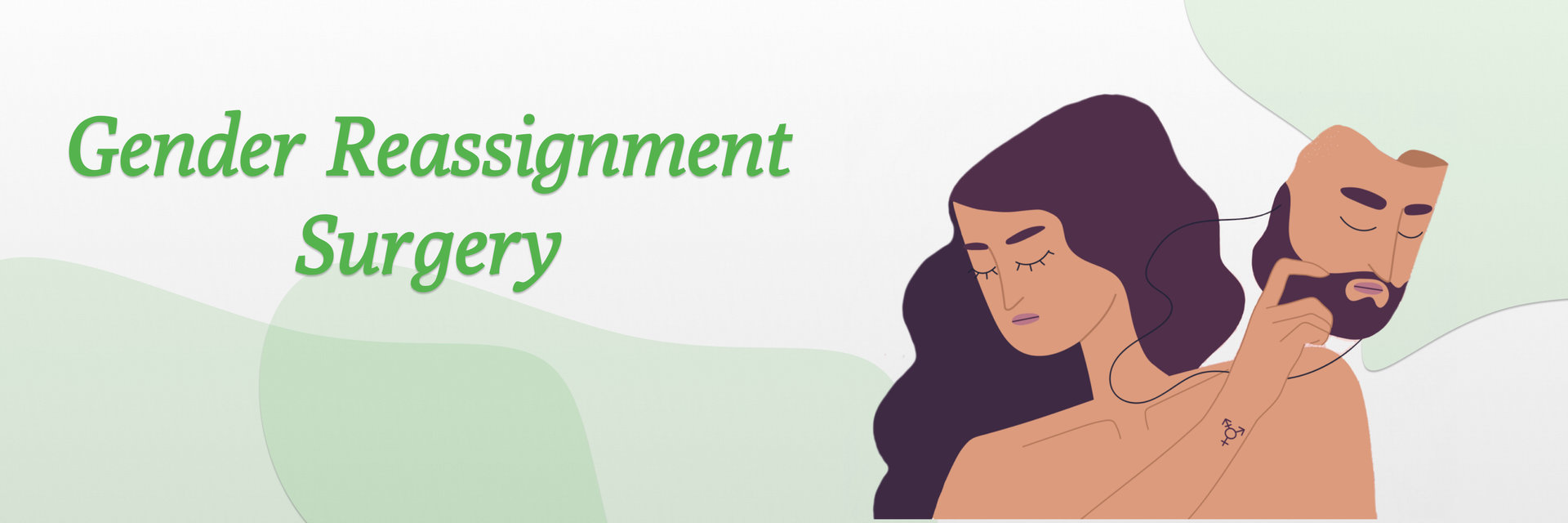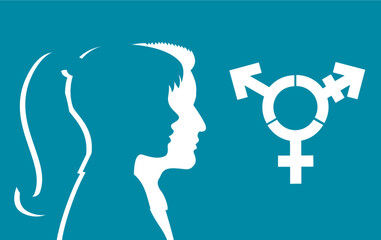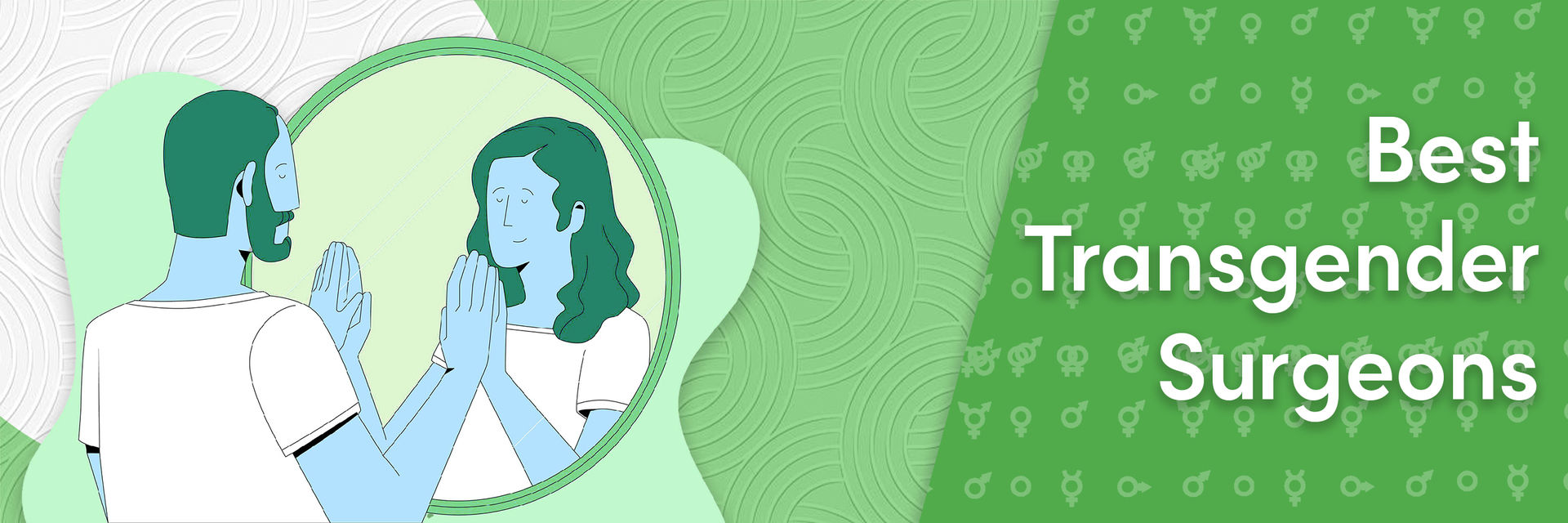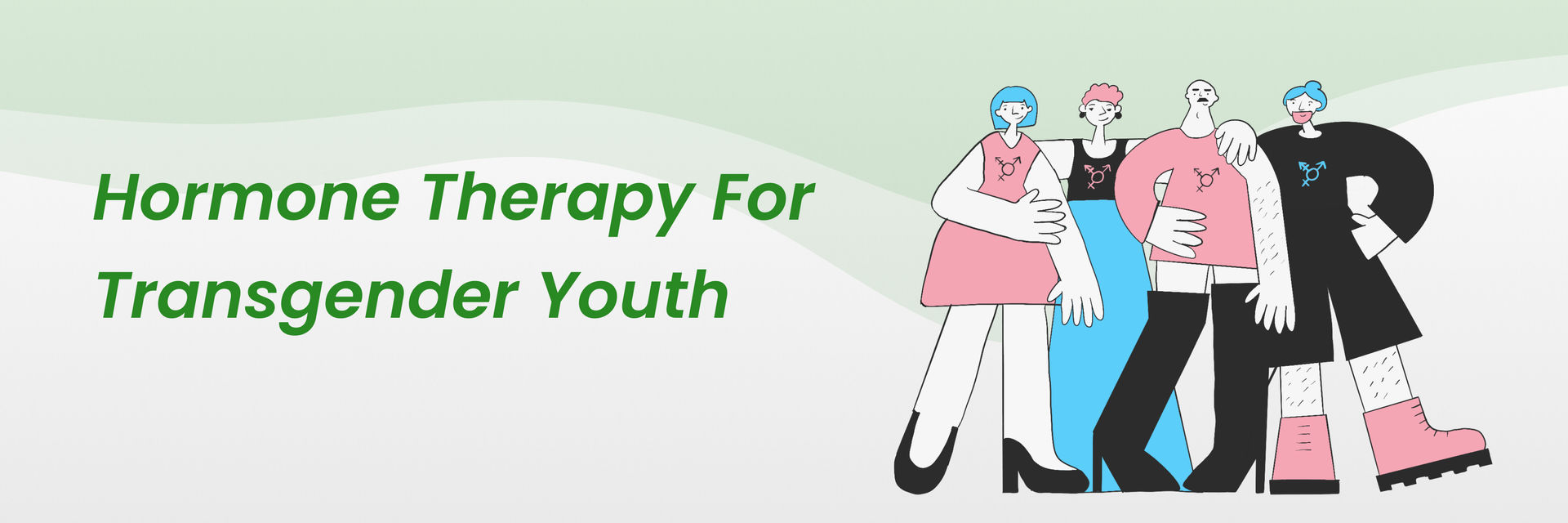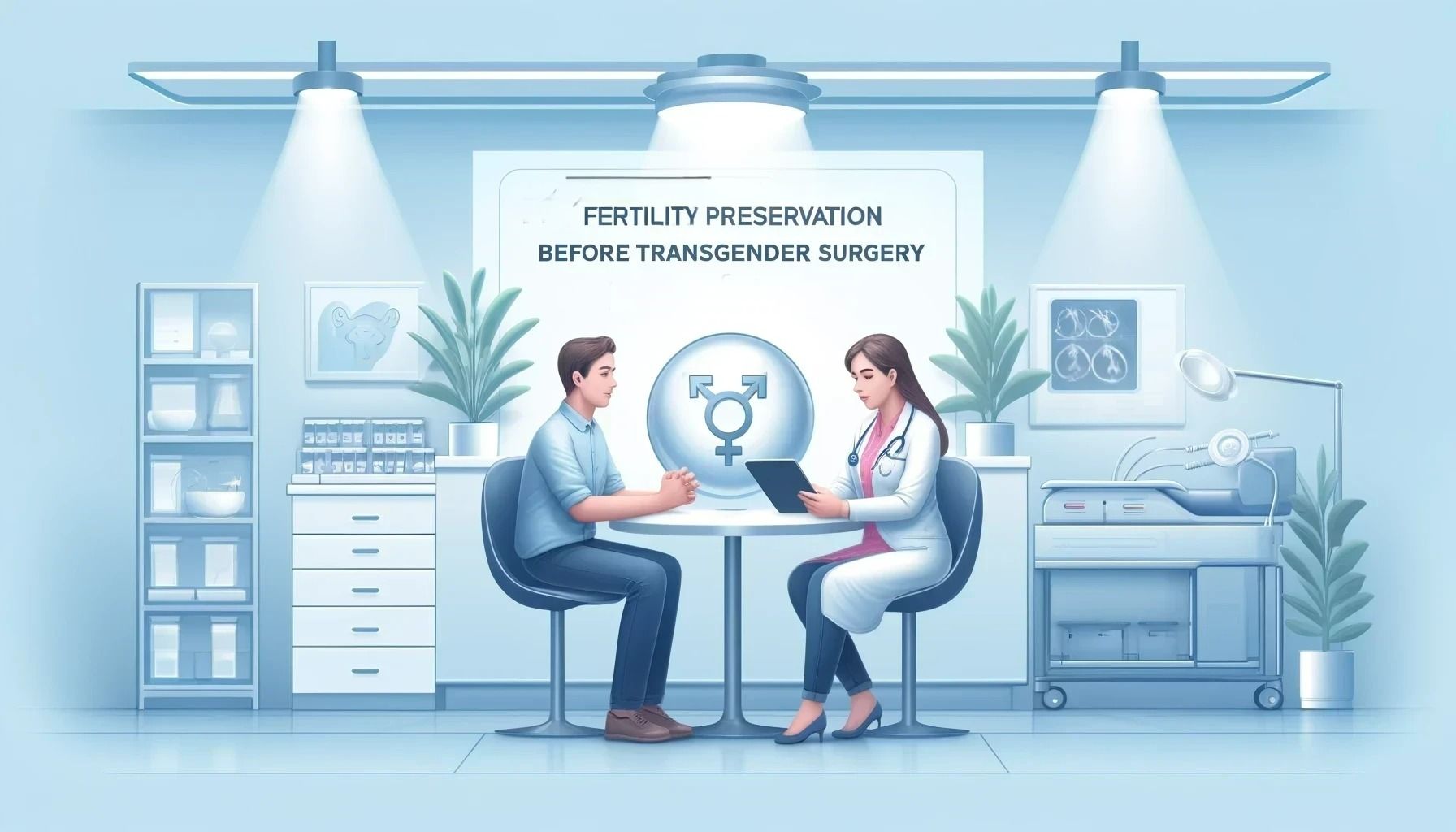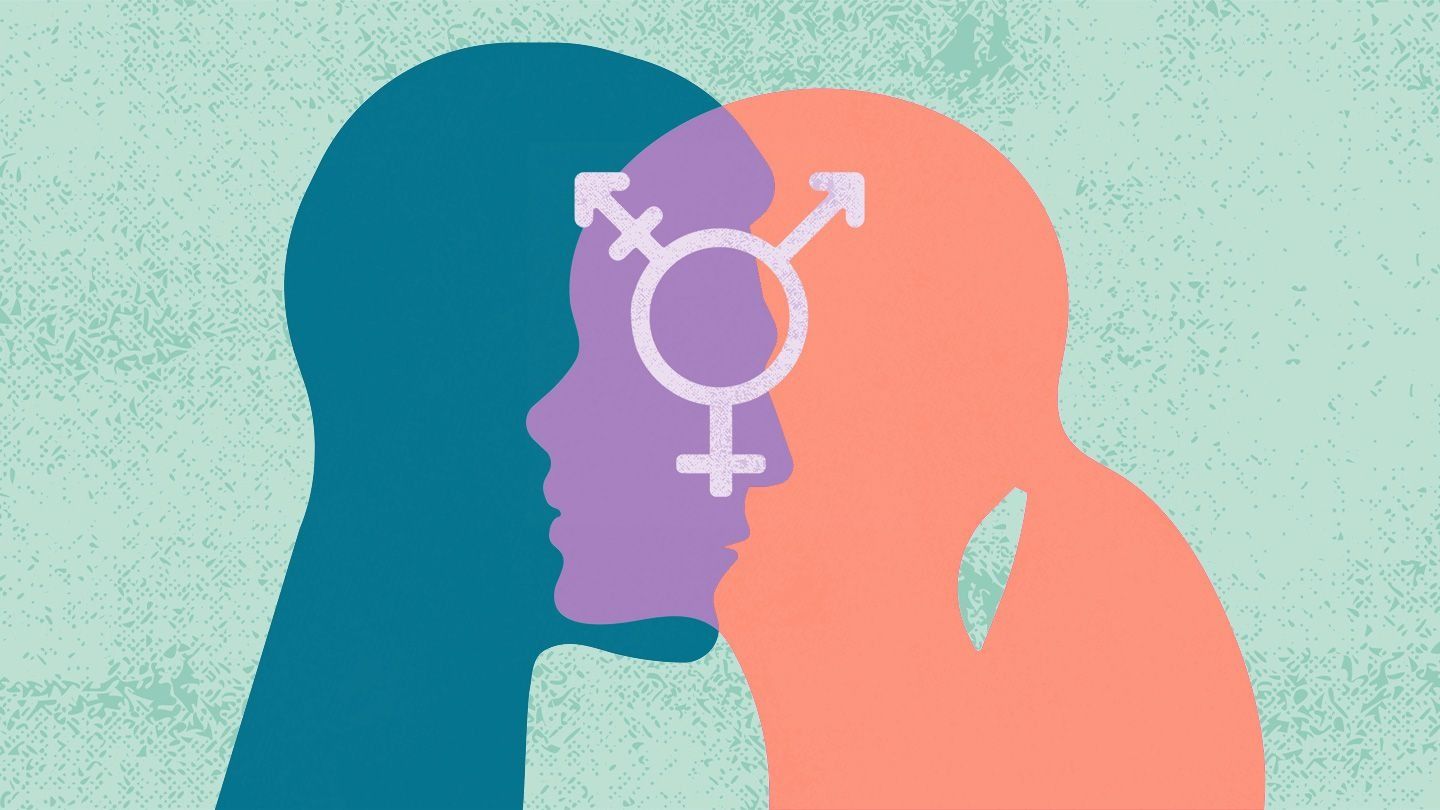Overview
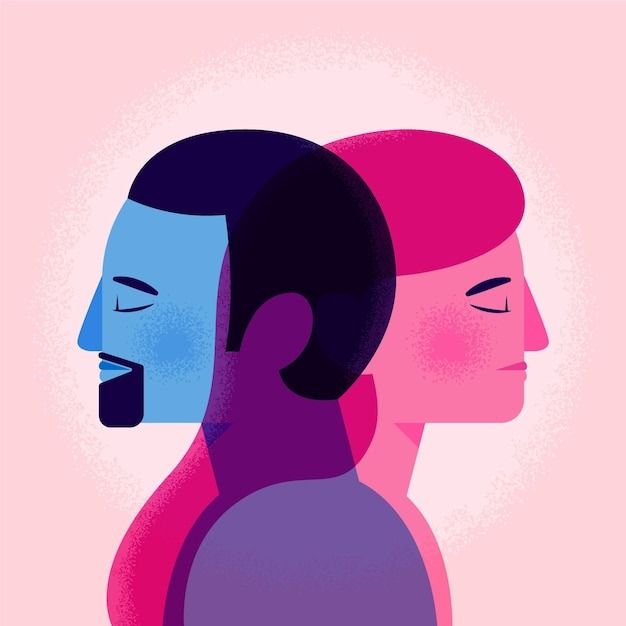
Gender dysphoria in adults is a psychological condition where an individual experiences a conflict between their physical or assigned gender and the gender with which they identify. This discrepancy can lead to severe distress, anxiety, and discomfort. It is not uncommon for transgender and gender-diverse adults to experience gender dysphoria at some point in their lives.
Around 1.4% of adults globally, 1.4 million in the US alone, experience this deep discomfort. It's more than just clothes or pronouns; it can lead to anxiety, depression, body dissatisfaction, and social challenges. Luckily, options like social transition, hormone therapy, and mental health support exist, helping individuals manage dysphoria and live authentically.
It is essential for people with gender dysphoria to be treated with respect and acceptance and to have access to appropriate medical and mental health care.
This blog will see its causes, symptoms, types, diagnosis, and how it could be managed.
Take charge of your health and your life. Contact us today!
Causes of Gender Dysphoria in Adults
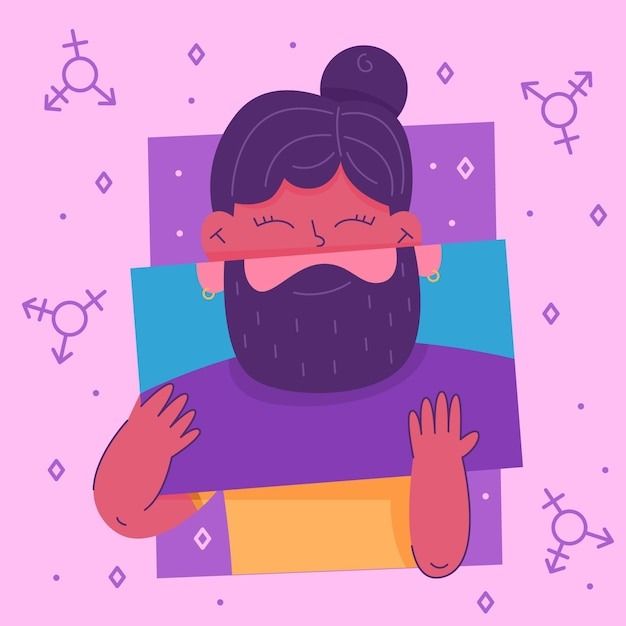
The causes of gender dysphoria in adults are not fully understood, but several factors are believed to play a role:
- Biological factors: Hormones, brain structure, and genetics during prenatal development could influence gender identity, causing distress if it clashes with assigned gender.
- Social and cultural environment: Societal expectations and stereotypes may create a gap between personal identity and societal norms, leading to distress for those with gender dysphoria.
- Personal experiences: Childhood nonconformity, discrimination, and lack of understanding from loved ones can contribute to the development or intensification of gender dysphoria.
- Psychological factors: Gender dysphoria might coincide with mental health conditions like anxiety or depression, making it challenging to distinguish their specific roles.
Are you or your loved ones are experiencing gender dysphoria and are seeking support?
In that case, it may be helpful to speak with a mental health professional trained in working with individuals with gender dysphoria. They can provide guidance and support as you navigate your unique experience, especially in preparation for gender reassignment.
Still confused about whether you are diagnosed with Gender Dysphoria?
Let's discuss the signs and symptoms!
Gender Dysphoria Symptoms in Adults
The signs of gender dysphoria in adults can vary widely from person to person.
Still, some common signs and symptoms may include the following:

Mental and Emotional Distress:
- Anxiety and Depression: The incongruence can lead to significant distress, causing anxiety, depression, and even suicidal thoughts.
- Discomfort with Body Image: A deep dislike for one's body parts, especially those linked to their assigned gender, can be a common symptom.
- Gender Identity Uncertainty: Conflicting feelings about one's gender identity can cause confusion and distress.
- Isolation and Social Anxiety: Navigating a world defined by assigned gender can lead to social anxiety and isolation.
Behavioral and Social:
- Difficulty with Social Roles: Being uncomfortable in fulfilling society's expectations for assigned gender can affect relationships and social settings.
- Gender Nonconformity: Expressing internal identity through nonconformity may lead to discrimination.
- Changes in Mood and Behavior: Coping mechanisms like irritability and withdrawal may manifest due to gender dysphoria.
Physical:
- Chronic Pain or Discomfort: Some may experience physical discomfort, especially related to genitalia or other gender-associated features.
- Dissociation: Feeling disconnected from one's body or self can be a coping mechanism.
- Eating Disorders and Self-Harm: Severe cases may lead to unhealthy coping mechanisms like eating disorders or self-harm.
It is also essential to recognize that gender dysphoria is a normal and natural variation of human experience and is not a mental illness.
People with gender dysphoria need support from a mental health professional who can help them manage their emotions and provide support as they navigate their gender identity.
So, are you experiencing one or more of the above symptoms just discussed?
Disclaimer: It is important to note that these symptoms can vary in intensity and frequency and that not all people with gender dysphoria experience all of these symptoms.
Types of Gender Dysphoria in Adults

Gender dysphoria is a spectrum disorder, and individuals may experience various symptoms and desires.
Some individuals may experience a strong desire to transition to the opposite gender, while others may experience a mild or more fluctuating sense of discomfort with their gender.
Did you know that there are several types of gender dysphoria that can affect adults?
Some of them are as follows.
| Types | Meaning |
| Body Dysphoria |
|
| Social Dysphoria |
|
| Mind Dysphoria |
|
It is important to note that these types of gender dysphoria are not mutually exclusive, and a person may experience more than one type simultaneously.
It is also essential to recognize that every person's experience with gender dysphoria is unique.
Diagnosis of Gender Dysphoria in Adults

Diagnosing gender dysphoria in adults involves a comprehensive assessment by a mental health professional, like a psychologist or psychiatrist. This may include a physical examination, a review of medical and mental health history, and a discussion about feelings, experiences, and behaviors related to gender identity.
The criteria for diagnosing gender dysphoria in adults are outlined in the Diagnostic and Statistical Manual of Mental Disorders (DSM-5).
To receive a diagnosis of gender dysphoria, an adult must meet the following criteria:
- A marked inaccessibility between one's experienced/expressed gender and assigned gender.
- A persistent desire to be of the other gender or insist that one is the other gender.
- A strong desire to be rid of one's primary and secondary sex characteristics
- A strong desire for the primary and secondary sex characteristics of the other gender.
- A strong desire to be treated as the other gender
- A muscular discomfort with one's gender or gender roles.
- A mental health professional will consider all of these factors, as well as any other relevant information when making a diagnosis of gender dysphoria in an adult.
Are you or your loved one diagnosed with gender dysphoria?
Do not worry! There is no problem without a solution!
Below we have mentioned some of the treatment options for gender dysphoria in adults.
Treatment For Gender Dysphoria in Adults
Yes, gender dysphoria in adults can be managed through various approaches, such as follows:
- Medical intervention
- Mental health treatment
- And social transition.
The specific treatment plan will depend on the individual's needs, preferences, and goals and may involve a combination of different approaches.
Your health is too important to ignore – schedule your appointment now.
Let's check out the different approaches to managing gender dysphoria in detail.
Medical interventions for gender dysphoria in Adults in Transmen may include:
Hormone therapy |
|
Surgery |
|
Mental health treatment |
|
Medical interventions for gender dysphoria in Adults in Transwomen may include:
Hormone therapy |
|
Surgery |
|
Mental health treatment |
|
Some common therapies for transmen and transwomen in Dysphoria in adults are:
Individual therapy
- Can provide a supportive space for individuals to explore their gender identity and decide their gender expression and presentation.
- It can also help individuals cope with the emotional and psychological aspects of their gender dysphoria. Individual therapy involves one-on-one sessions with a mental health professional, such as a psychologist or therapist.
Group therapy
- Involves participating in therapy sessions with a group of people exploring their gender identity.
- Group therapy can provide a sense of community and support and can be an essential resource for people with gender dysphoria.
Social transition
- Social transition refers to changing one's name, pronouns, and outward appearance (such as hairstyle and clothing) to better align with gender identity.
- Social transition can be a powerful way for individuals to assert their gender identity and can often lead to improved mental health and well-being.
It is essential for people with gender dysphoria to work with a supportive healthcare provider who can help them explore their options and make informed decisions about their treatment.
Want to inquire about personalized treatment expenses? Don't hesitate. Talk to us today.
It is also essential for individuals to access a network of supportive friends, family, and community members who can provide emotional support and acceptance.
Wait!
Don't you want to know what happens if gender dysphoria is left untreated?Continue reading to know more.
What If Gender Dysphoria in Adults is Left Untreated?
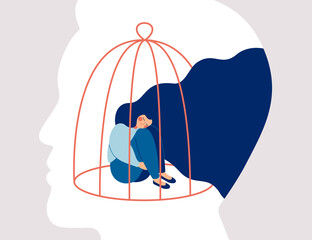
Unfortunately, leaving gender dysphoria untreated in adults can have significant and potentially detrimental consequences on their well-being. Here's a closer look at the potential risks:
Mental and Emotional Health:
- Increased Anxiety and Depression: Constant distress from gender dysphoria can worsen existing mental health issues and trigger new ones.
- Suicidal Ideation and Self-Harm: Feeling trapped in a mismatched body and identity may increase the risk of suicidal thoughts and self-harm.
- Substance Abuse: Some may resort to alcohol or drugs to cope with the emotional pain and isolation linked to untreated gender dysphoria.
- Low self-esteem and impaired relationships: The internal conflict and external pressures can lead to low self-esteem, difficulty forming and maintaining healthy relationships, and overall social isolation.
Physical Health:
- Chronic pain and stress-related illness: The emotional and psychological stress can manifest in physical ways, leading to chronic pain, headaches, digestive issues, and other stress-related illnesses.
- Neglecting self-care: Focusing on gender dysphoria may lead to neglect in basic care, affecting hygiene, eating habits, and overall physical health.
- Increased vulnerability: Those not living authentically may face discrimination and violence, impacting both physical and mental well-being.
Overall Quality of Life
- Limited opportunities: Untreated gender dysphoria can hinder access to education, career, and social opportunities, limiting personal growth and potential.
- Sense of inauthenticity: Living in conflict with true identity can result in a pervasive feeling of inauthenticity, disconnection, and a sense of missing out on a fulfilling life.
Let's prioritize understanding, acceptance, and access to resources for managing gender dysphoria. Every individual deserves the opportunity to live a healthy, fulfilling life in alignment with their authentic self.
So, what are you thinking?
